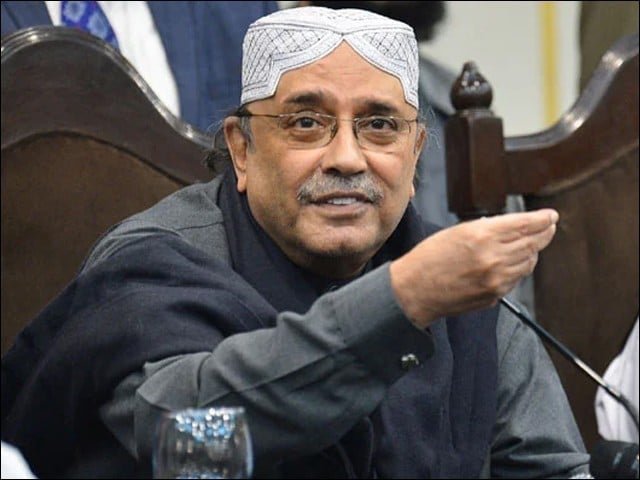Finance Minister Muhammad Aurangzeb travelled to Beijing to discuss power sector debt relief and suggested structural reforms by the International Monetary Fund. He spearheaded a delegation, accompanied by Power Minister Awais Leghari, poised to delve into several proposals, including the reprofiling of approximately $15 billion in energy sector debt during a meeting with his Chinese counterpart.
As the consultations progressed, Pakistan’s bonds experienced a downward trend. The 2036 maturity declined by 1.73 cents to bid at 73.05 cents on the dollar, marking its lowest point since April, based on Tradeweb data at 1415 GMT.
Emphasizing the enduring alliance between the two border-sharing nations, it is notable that China has previously assisted Pakistan in meeting its external financing needs through rollovers or loan disbursements. This collaboration is particularly significant amidst Pakistan’s acquisition of a $7 billion bailout from the IMF, which has expressed concerns about rampant power theft and distribution losses contributing to the mounting debt across the production chain.
According to statements by Power Minister Awais Leghari, the government has initiated structural reforms to address the issue of “circular debt”—the accumulation of public liabilities in the power sector due to subsidies and unpaid bills. The reforms aim to reduce this burden by 100 billion Pakistani rupees ($360m) each year.
Echoing the sentiment, Leghari indicated that during their meeting in Beijing, they apprised Chinese Minister of Finance Lan Fo’anFo’an about Pakistan’s endeavours to introduce tax and energy reforms, marking a pivotal juncture for both nations. The finance ministry of Pakistan reiterated the discussions, shedding light on Aurangzeb’s briefing to the Chinese side regarding their economic reform agenda, tax revenue enhancement efforts, and planned energy and state-owned enterprise reforms. The role of the IMF-Pakistan agreement as an essential enabler for executing the reform agenda was underscored in the discussions.
While the Chinese finance ministry declined to provide comments, the finance and power ministers affirmed in interviews with Reuters that they aimed to address power sector reforms during their visit to Beijing without specifying the exact timing. Notably, poor and middle-class households have keenly felt the impact of the previous IMF bailout, which concluded in April and entailed raising power tariffs.
With China having already initiated planned energy projects worth over $20 billion in Pakistan, the ongoing discussions have significant ramifications for both countries’ energy and financial landscapes.
















